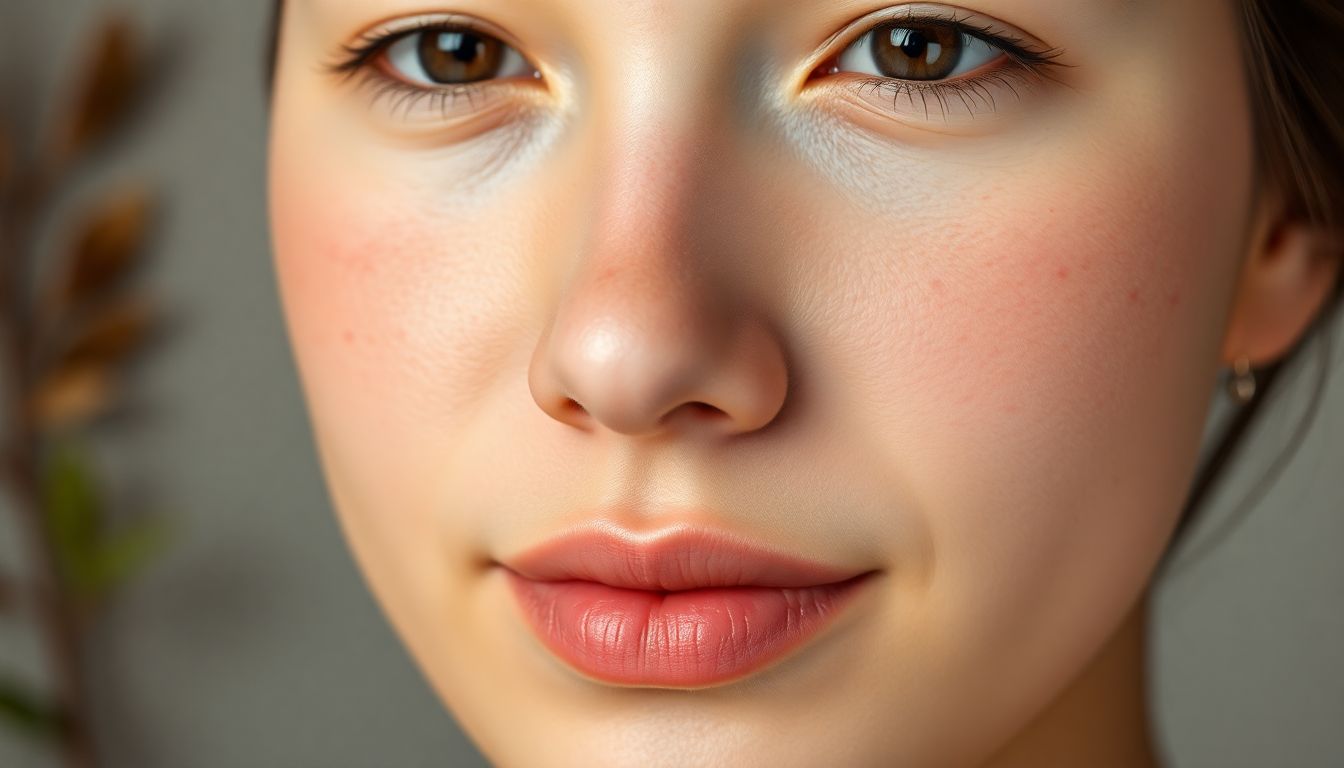
The struggle against acne is common and can significantly impact self-esteem. In fact, studies show that around 85% of people aged 12 to 24 experience some form of acne. Despite its prevalence, many misunderstand the causes and treatments. This article aims to debunk common myths about acne and explore evidence-based solutions for clearer skin.
Myth 1: Diet Directly Causes Acne
Many believe that diet plays a direct role in causing acne. While some studies hint at connections between certain foods and breakouts, the research is not definitive. For example, a study published in the Journal of the American Academy of Dermatology found that dairy products and high-glycemic-index foods might worsen acne for some individuals. However, the link is not strong enough to draw sweeping conclusions.
Foods often blamed for acne include sugary snacks and greasy items. Yet, there’s no solid scientific proof that these foods directly cause acne in everyone. Instead of restrictive diets, focus on a balanced approach:
- Fruits and vegetables
- Whole grains
- Lean proteins
- Healthy fats
Myth 2: Washing Your Face Aggressively Clears Acne
Another misconception is that harshly scrubbing the face helps clear acne. In reality, gentle cleansing is crucial. Over-washing can strip the skin of its natural oils, damaging the skin barrier. Dr. Joshua Zeichner, a well-known dermatologist, states, "Aggressive scrubbing can worsen acne by causing irritation and inflammation."
To cleanse effectively:
- Use a mild cleanser.
- Wash your face twice daily.
- Pat your face dry with a soft towel.
Consider products with ingredients like glycerin or ceramides to maintain skin moisture.
Myth 3: Popping Pimples Speeds Healing
Many think popping pimples speeds up healing. However, squeezing can lead to increased inflammation and a higher risk of scarring or infections. The American Academy of Dermatology advises against this practice. Instead, if you have a pimple:
- Avoid touching it.
- Apply a targeted spot treatment.
- Use ice to reduce swelling.
There are many effective methods to manage inflammation without damaging the skin.
Myth 4: Sun Exposure Clears Acne
Some believe that sun exposure helps clear acne. While a little sun may dry out a pimple temporarily, it can also worsen skin issues long-term. Excessive sun exposure damages skin and increases the risk of skin cancer. Sunscreen is essential for everyone, especially those with acne-prone skin.
For sun protection:
- Choose a non-comedogenic sunscreen to prevent breakouts.
- Look for a broad-spectrum SPF of 30 or higher.
- A product like Neutrogena Hydro Boost Gel Lotion is good for oily skin types.
Myth 5: Only Teenagers Get Acne
Acne is often thought to be a teenage problem, but it affects many adults too. About 50% of women in their 20s and 30s suffer from acne. Hormonal changes, stress, and other factors can trigger breakouts at any age.
Understanding the roots of adult acne is vital. Hormonal fluctuations during menstruation or pregnancy can lead to flare-ups. It's important to recognize that acne can be a lifelong challenge.
Effective Acne Treatments: Evidence-Based Approaches
When it comes to treating acne, various effective options exist:
Topical Treatments:
- Retinoids: Boost cell turnover, helping to unclog pores.
- Benzoyl Peroxide: Kills acne-causing bacteria and reduces inflammation.
- Salicylic Acid: Helps exfoliate skin and clear clogged pores.
Oral Medications:
- Antibiotics: Help reduce bacteria and inflammation.
- Hormonal Therapies: Particularly useful for women experiencing hormonal acne.
Lifestyle Changes:
- Manage stress through activities like yoga or meditation.
- Prioritize sleep for overall well-being.
- Engage in regular exercise to boost circulation and skin health.
Conclusion: Achieving Clearer Skin Through Informed Choices
Understanding the truth behind acne myths is essential for effective treatment. By debunking misconceptions and embracing the facts, readers can make informed decisions about their skin health.
Consider practical steps like maintaining a balanced diet, using gentle cleansers, and protecting your skin from sun damage. If acne persists or worsens, seeking help from a dermatologist can provide tailored solutions for your needs. Take charge of your skin journey today, and let clearer skin be within reach.
